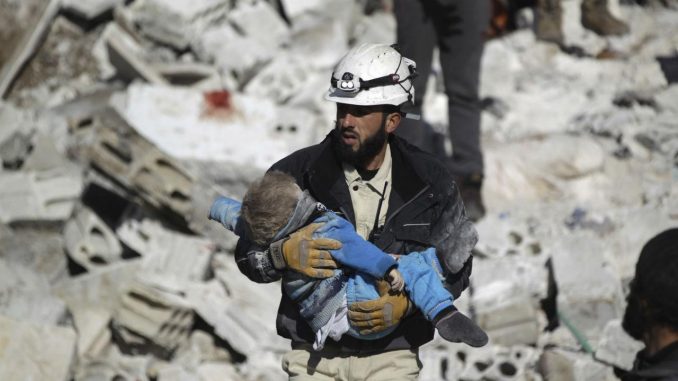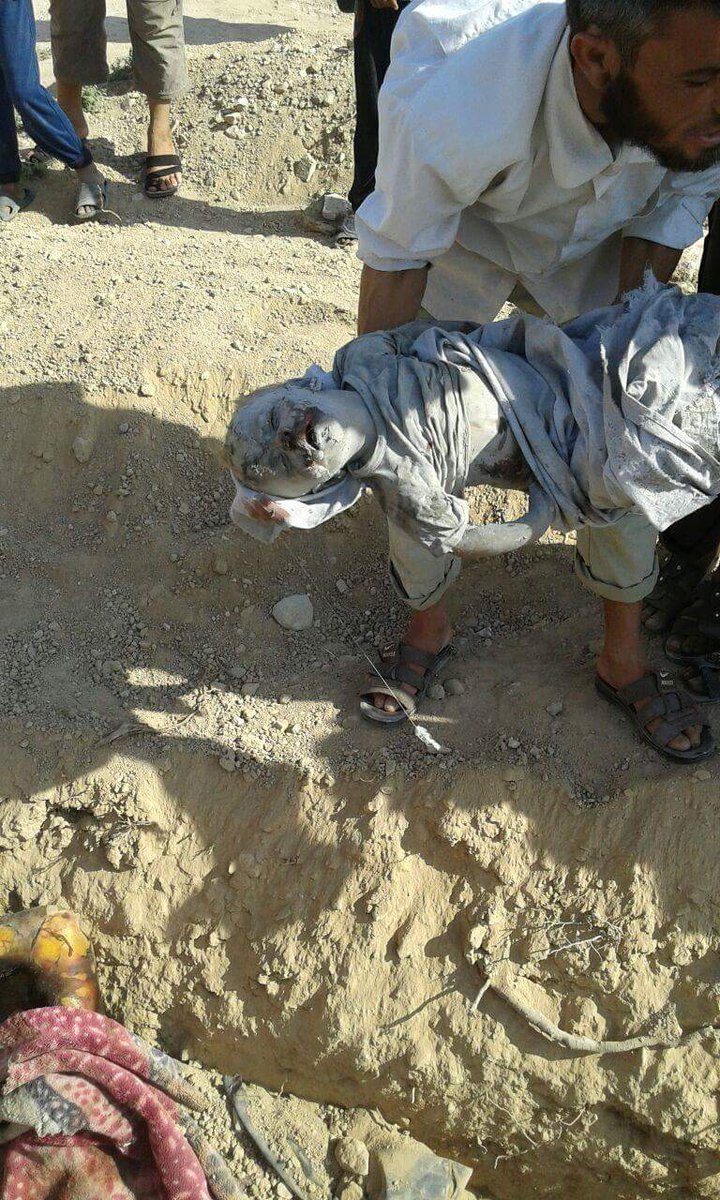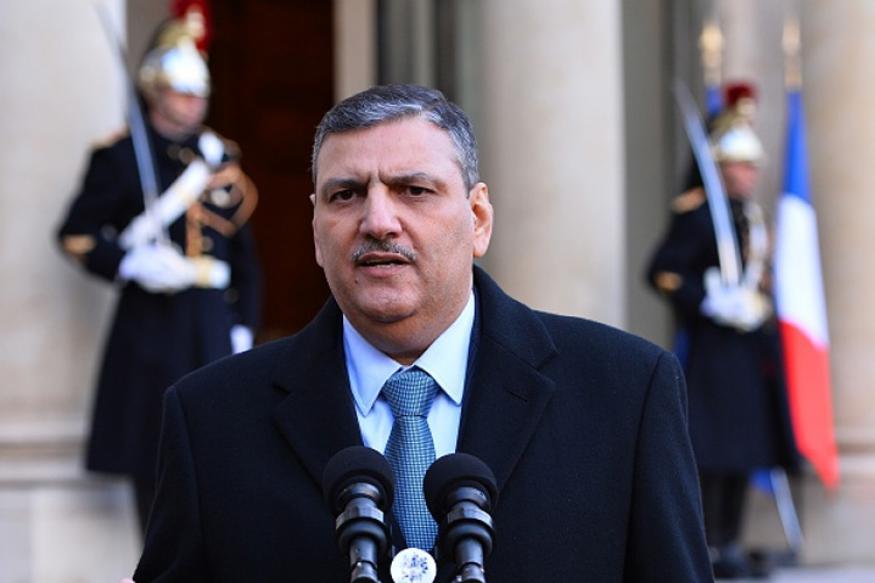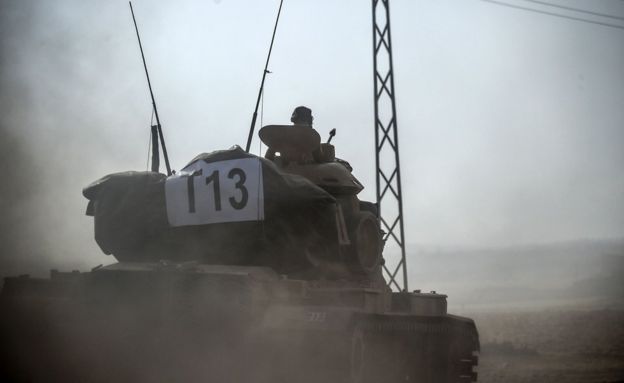
The 28th session of the Arab League’s annual ordinary summit started Wednesday morning at the Dead Sea in Jordan, in which the Arab leaders discussed the current crisis in various Arab states and the needed efforts to solve them.
The one-day summit is attended by 18 Arab leaders, while King Mohamed VI of Morocco was not among them for unannounced reasons.
The United Nations Secretary General, Chairperson of the African Union Commission, Secretary General of the Organization of Islamic Cooperation (OIC), EU High Representative for Foreign Affairs and Security Policy, President of the Arab Parliament, Russian president’s personal envoy, personal envoy of the US president and the envoy of the French government, were among the attendees.
The conflicts in several Arab countries were to top the agenda of the meeting, particularly the situation in Syria, Libya and Yemen, as well as the Palestinian-Israeli conflict.
Jordan is hosting the summit after Yemen refused to host it due to the ongoing conflict in the country.
Yemen Crisis
Yemeni president Abdrabu Mansur Hadi told leaders at the 28th Arab League summit in Jordan on Wednesday that his forces and their allies were close to a major victory that would serve as a debilitating blow to Iranian interests in the region.
“This is the storm that has shattered the dreams and ambitions of the Iranians … now currently we are on the verge of a great victory,” he said, thanking Saudi Arabia, the UAE and other Arab states which have backed him with military might in his fight against Houthi rebels.
In his speech, which lasted more than 20 minutes, Mr Hadi called Tehran “the true sponsor of terrorism” and described Iranian involvement in the Middle East as a “conspiracy”.
Mr Hadi’s speech stood out in a summit where other leaders alluded to Iran’s swollen influence in the region at times without naming the power.
“We reject any intervention in the internal affairs of Arab countries,” the League’s leaders said in a declaration at the end of their one-day meeting, referring to Tehran.
In another apparent reference to Iran earlier in the day, Saudi Arabia’s King Salman warned of the “interference” and infringement on the sovereignty of Arab countries by outsiders.
Yemen has been wracked by chaos since late 2014, when the Houthis and their allies overran Sanaa and other parts of the country, forcing President Abd Rabbuh Mansour Hadi and his Saudi-backed government to temporarily flee to Riyadh.
The Saudi-led coalition began a military campaign against Iran-backed Houthi militias in March 2015. It sides with the President Abd Rabbuh Mansur Hadi, while the Houthis are aligned with ousted President Ali Abdullah Saleh, who was ousted after Yemen revolution in 2012.
Syrian crisis
On Syria, the final statement of the summit said Arab countries will intensify efforts to find a peaceful solution to the Syrian crisis, in order to achieve the aspirations of the Syrian people, preserve the unity of Syria, protect its sovereignty and independence and eradicate all terrorist groups.
It added that there is no military solution to the crisis, and there is no way to stop the bloodshed but through a peaceful settlement that brings about a transition towards a political solution, formulated and agreed upon by all components of the Syrian people.
The statement voiced support to efforts to achieve peace through the Geneva process, which is the only framework for a peaceful solution, underlining the importance of the Astana talks in establishing a comprehensive cease-fire on all Syrian territory.
It urged the international community to continue supporting countries hosting Syrian refugees and emphasized the need to implement the outcome of the London Conference, calling for launching new programs to support refugee-host countries at a forthcoming conference in Brussels on April 5th.
It also said that addressing the basic needs of refugees is an investment in a secure future for the region and the world, saying the refugees and their children shouldn’t be abandoned to destitution and despair.
It said Arab leaders had entrusted the Arab League Council, at the ministerial level, to discuss the establishment of a specific mechanism to assist Arab countries hosting refugees to enable them to shoulder this burden.
The Syrian crisis began as a peaceful demonstration against the injustice in Syria. Assad regime used to fire power and violence against the civilians and led to armed resistance. 450.000 Syrians lost their lives in the past five years according to UN estimates, and more than 12 million have lost their homes



